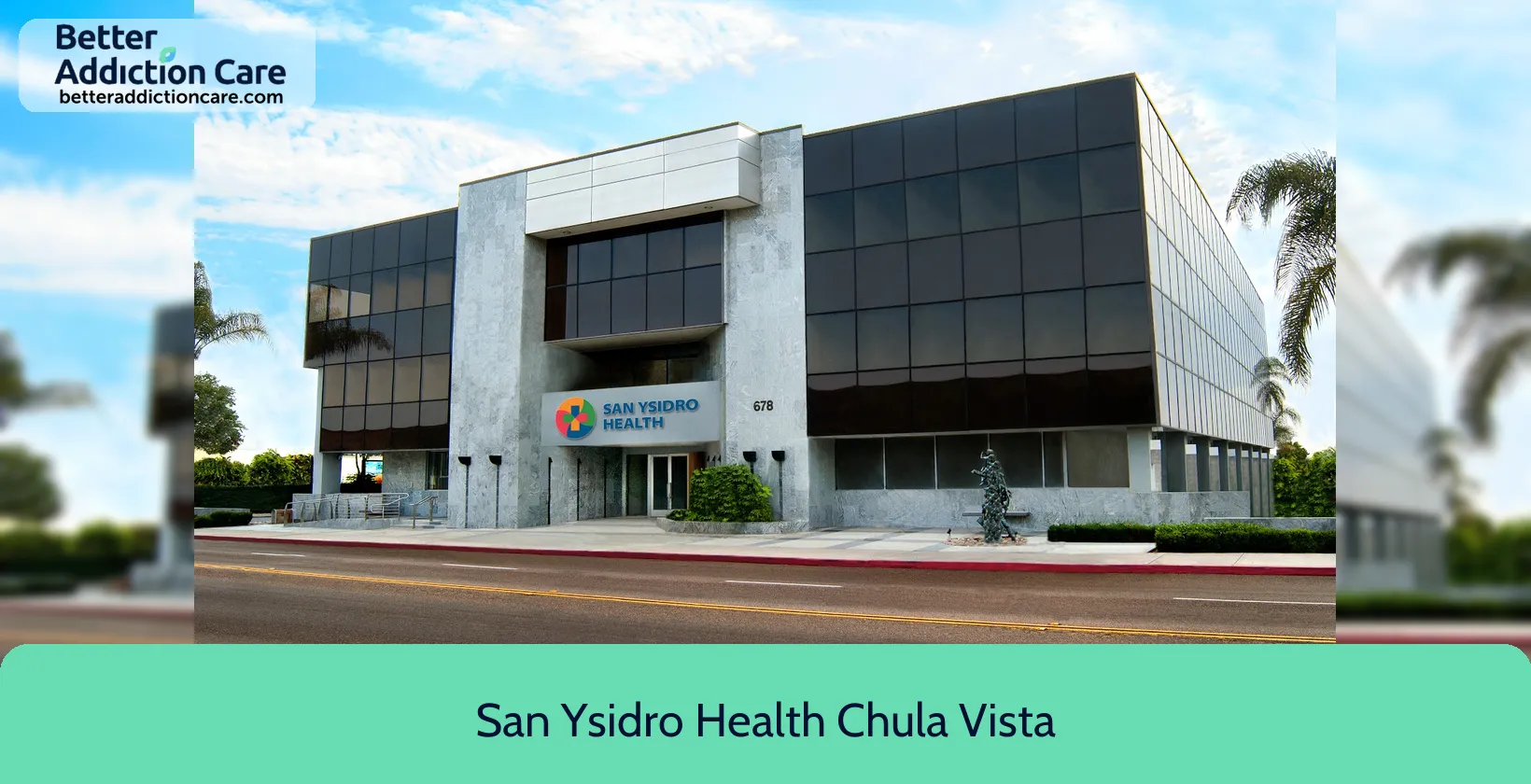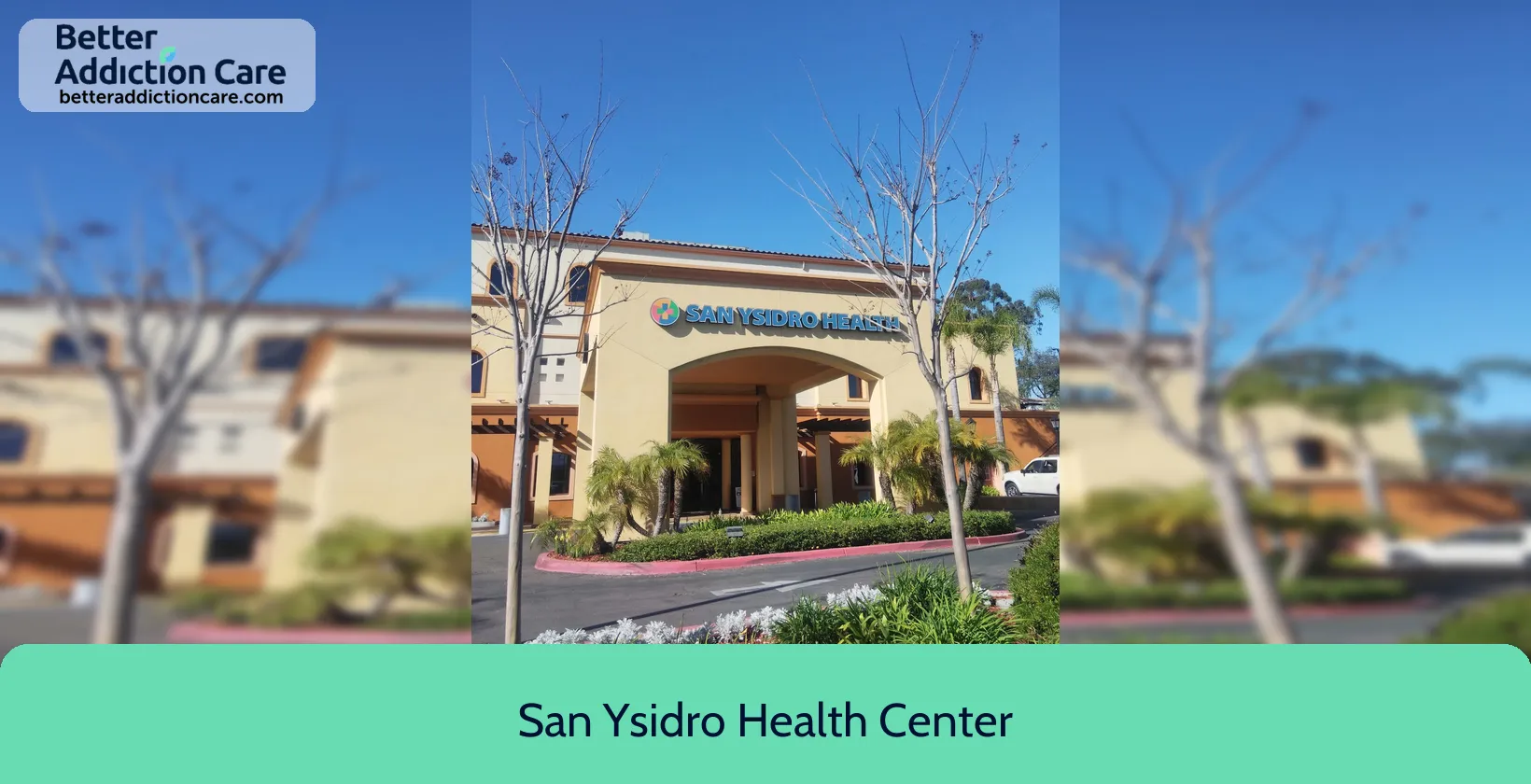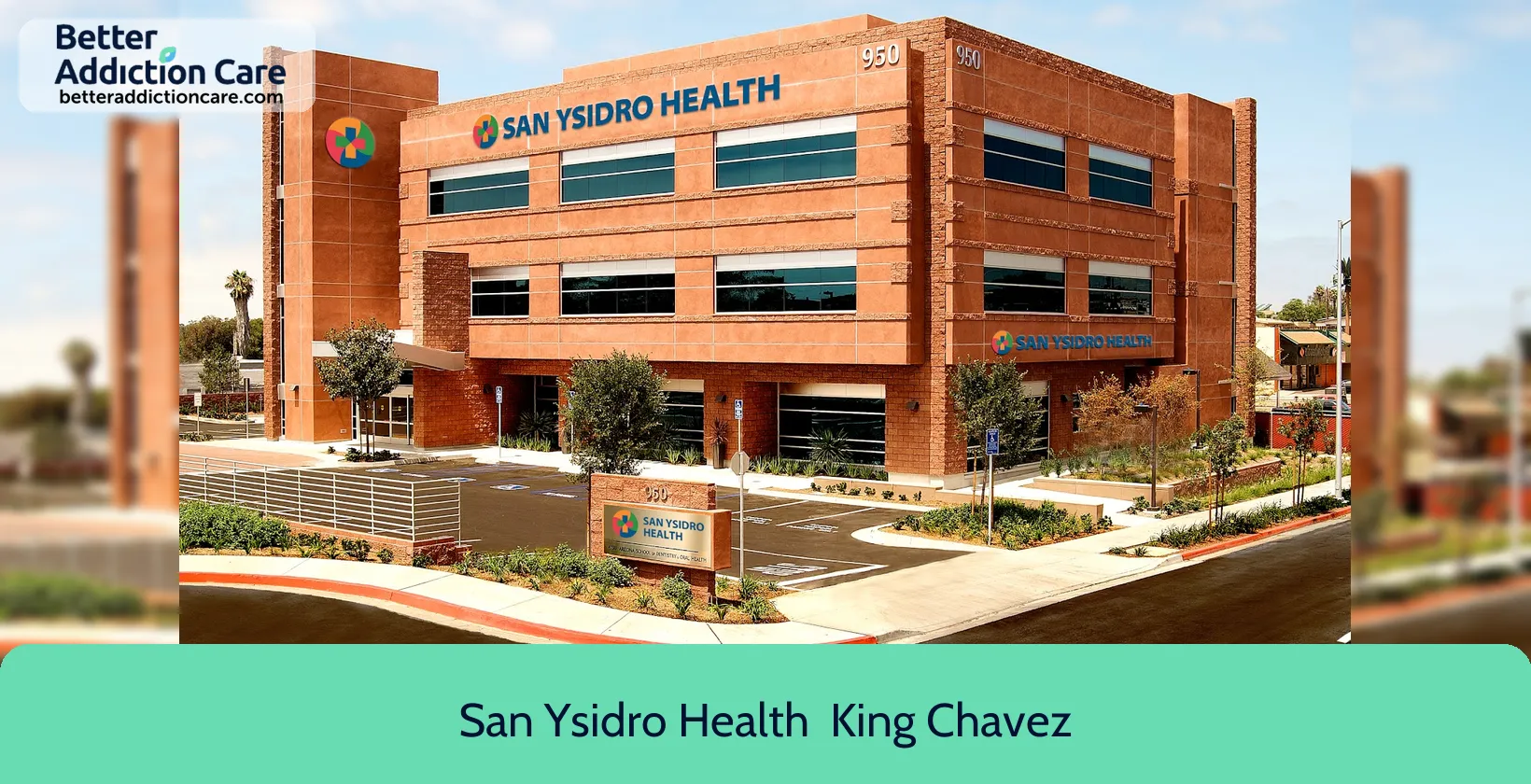Youth Enhancement Services

Overview
Youth Enhancement Services is an substance abuse treatment center that provides outpatient treatment for men and women from 16+ years of age. As part of their special programs, Youth Enhancement Services treats children/adolescents with serious emotional disturbance (sed) and clients who have experienced trauma. To help patients achieve sobriety, Youth Enhancement Services provides intake assessments. Afterward, patients receive family counseling, individual psychotherapy, and cognitive behavioral therapy during treatment. Youth Enhancement Services is located in San Diego, California, providing treatment for people in San Diego County, accepting county or local government funds, state mental health agency (or equivalent) funds, and state welfare or child and family services funds.
Youth Enhancement Services at a Glance
Payment Options
- County or local government funds
- State mental health agency (or equivalent) funds
- State welfare or child and family services funds
- Sliding fee scale (fee is based on income and other factors)
- Cash or self-payment
Assessments
- Comprehensive mental health assessment
- Comprehensive substance use assessment
Age Groups
- Children/adolescents
Operation
- State government
Highlights About Youth Enhancement Services
6.71/10
With an overall rating of 6.71/10, this facility has the following balanced range of services. Alcohol Rehabilitation: 8.00/10, Treatment Options: 6.85/10, Drug Rehab and Detox: 6.00/10, Insurance and Payments: 6.00/10.-
Alcohol Rehabilitation 8.00
-
Treatment Options 6.85
-
Drug Rehab and Detox 6.00
-
Insurance and Payments 6.00
Treatment At Youth Enhancement Services
Treatment Conditions
- Mental health treatment
- Substance use treatment
- Co-occurring Disorders
Care Levels
- Outpatient
Treatment Modalities
- Family counseling
- Individual psychotherapy
- Cognitive Behavioral Therapy
- Group counseling
- Experiential Therapy
Ancillary Services
Languages
- Spanish
Special Programs
- Children/adolescents with serious emotional disturbance (SED)
- Clients who have experienced trauma

Additional Locations
Get Help Now
Common Questions About Youth Enhancement Services
Contact Information
Other Facilities in San Diego

6.53

6.71

6.59

6.68

6.65

6.65

6.59

6.74
DISCLAIMER: The facility name, logo and brand are the property and registered trademarks of Vista Hill Foundation - Parent Care, and are being used for identification and informational purposes only. Use of these names, logos and brands shall not imply endorsement. BetterAddictionCare.com is not affiliated with or sponsored by Vista Hill Foundation - Parent Care.



